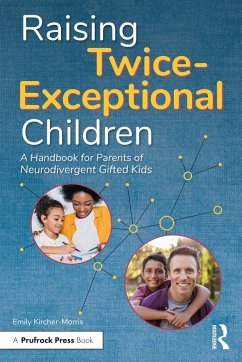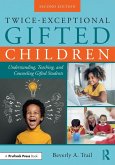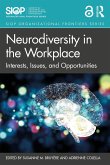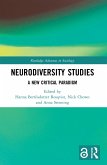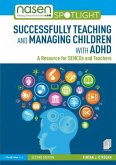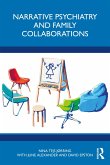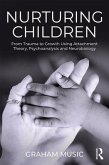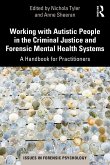Just because a child is gifted doesn't mean they don't have other types of neurodivergence, like ADHD, autism, dyslexia, and more. Conversely, even children with one of these diagnoses can be cognitively gifted. Raising Twice-Exceptional Children provides you with a road map to understand the complex make-up of your "gifted-plus," or twice-exceptional, child or teen.
The book helps you understand your child's diagnosis, meet their social-emotional needs, build self-regulation skills and goal setting, and teach self-advocacy. It also shows you effective ways to collaborate with teachers and school staff, and it offers advice on finding strengths-based strategies that support development at home.
For too long, these kids have fallen through the cracks. This book provides key information on how to best support neurodivergent children by leveraging their strengths while supporting their struggles.
The book helps you understand your child's diagnosis, meet their social-emotional needs, build self-regulation skills and goal setting, and teach self-advocacy. It also shows you effective ways to collaborate with teachers and school staff, and it offers advice on finding strengths-based strategies that support development at home.
For too long, these kids have fallen through the cracks. This book provides key information on how to best support neurodivergent children by leveraging their strengths while supporting their struggles.
"In Raising Twice-Exceptional Children, Emily Kircher-Morris offers well-researched, compassionate, and expert advice to caregivers trying to navigate an educational system (and world) that often doesn't understand a neurodivergent, gifted child's needs. As a school counselor, I appreciate that she not only dives into the history of neurodiversity, but also provides parents with a toolkit of practical strategies that can help their kids acquire all the skills they need to stay confident and motivated, advocate for themselves, communicate effectively, and regulate their emotions."
Phyllis L. Fagell; School Counselor, Psychotherapist, and Author of "Middle School Matters"; USA
Phyllis L. Fagell; School Counselor, Psychotherapist, and Author of "Middle School Matters"; USA

